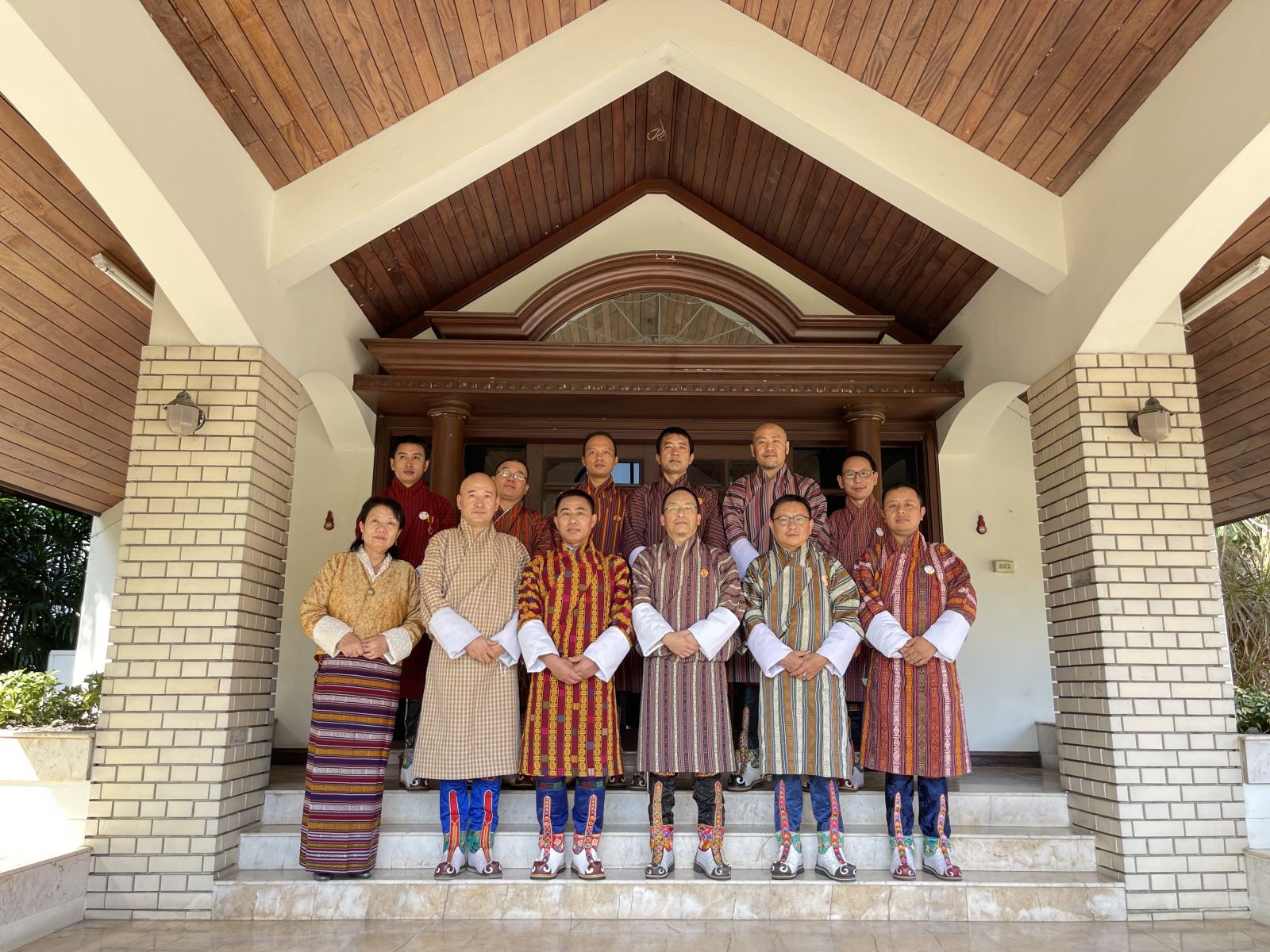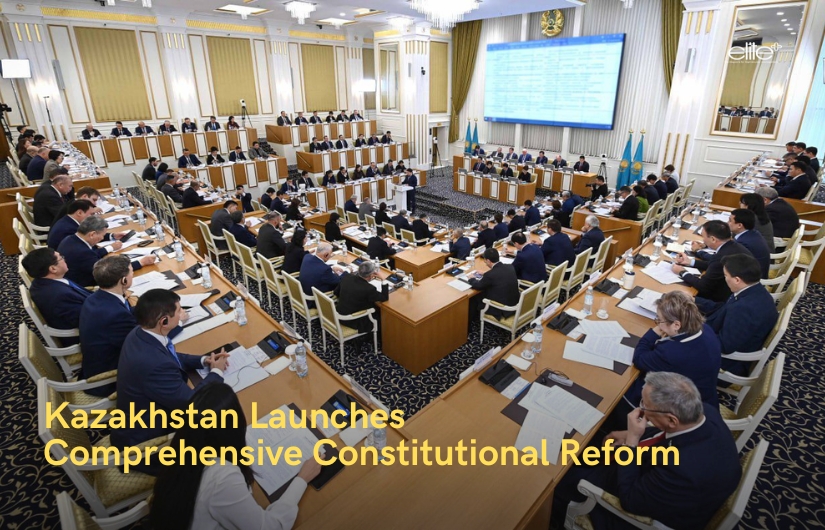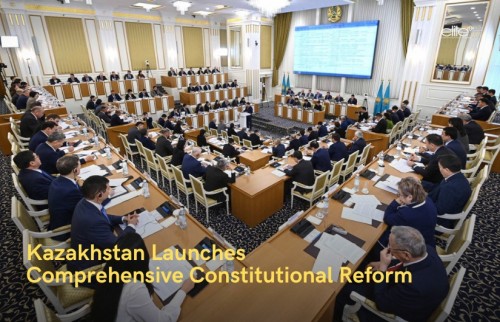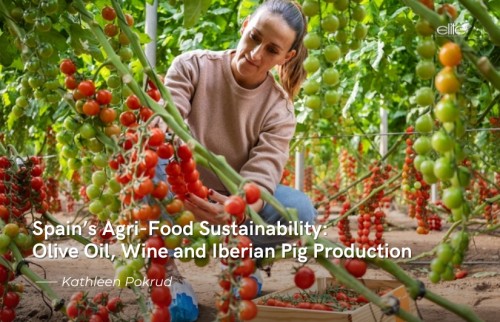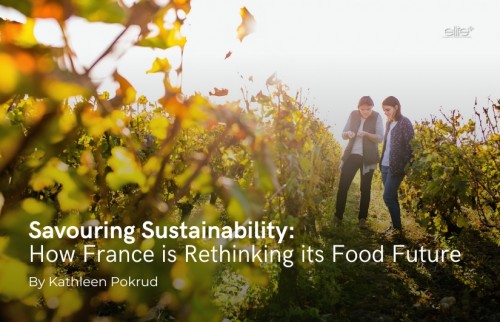HE Tshewang C. Dorji, Bhutan’s ambassador to the Kingdom of Thailand, assumed his post in August 2016. As his official tenure is coming to an end, Elite+ was given the opportunity to sit down with the ambassador to discuss the relations between Bhutan and Thailand.
The concept of “Gross National Happiness,” or “GNH”, was first coined by His Majesty Jigme Singye Wangchuck, the fourth king of Bhutan, in the early 1970s, when he said that GNH is more important than GDP (Gross Domestic Product). The fourth king felt that GDP alone should not be an indicator of progress for a country. Rather development should take a holistic approach of balancing material well-being with the spiritual, emotional and cultural needs of a society.
It was at this point that we began our interview with Ambassador Tshewang, a career diplomat, who joined Bhutan’s foreign service in 1995 after having served four years in the army. Following in the footsteps of his father, also a diplomat, his first overseas posting was in New Delhi, India. His second overseas assignment was in New York, attached to Bhutan’s Permanent Mission to the United Nations. He received his first Ambassadorial assignment in 2016 to Thailand with concurrent accreditation to Myanmar, Singapore and Australia.
Could you give us some background of the diplomatic relations between Bhutan and Thailand?
Formal diplomatic relations between our two countries was established in 1989 providing impetus in enhancing our engagement and collaboration. To this day, Bhutan still has a limited number of diplomatic ties with other countries, only 55 in total, and Thailand was among the earlier countries we formalized relations with. Our relations have been shaped by the wise and visionary monarchs of the two countries and the belief of our peoples in a common spiritual heritage.
Following the establishment of formal relations, in 1991, then as crown prince, His Majesty King Maha Vajiralongkorn Phra Vajiraklaochaoyuhua, Rama X, visited Bhutan. In 2006 His Majesty King Jigme Khesar Namgyel Wangchuck, when he also was still the crown prince, visited Thailand to attend the 60th Anniversary Celebrations of King Bhumibol Adulyadej, Rama IX’s Accession to the Throne. In 2016, Her Royal Highness Princess Maha Chakri Sirindhorn also visited Bhutan. Because of his high regard for the late King Bhumibol Adulyadej, His Majesty King Jigme was the first head of state to personally come to Thailand in 2017 to attend the royal funeral rites and subsequent royal cremation ceremony. On both occasions, Her Majesty The Queen accompanied His Majesty. Upon the command of His Majesty King Jigme, on the day of the royal cremation, prayer ceremonies were held in monasteries all over Bhutan. In the capital Thimphu, the prayer ceremony was attended by members of the Royal family and government officials.
In 2018, HE Prime Minister Prayut Chan-o-cha visited Bhutan. The exchange of royal and official level visits continues to strengthen the warm and close friendship between the two kingdoms.
Today, Bhutanese-Thai relations continue to progress and deepen, marked by increasing cooperation in the areas of health, education, agriculture, human resource development, trade, tourism, culture and issues that concern us as members of the global community. They are also enriched by a sense of comfort and enduring goodwill between our people, which is the source of great vitality and resilience in our relationship.
In 2019, Bhutan and Thailand commemorated the 30th anniversary of diplomatic relations. The occasion provided the two kingdoms an opportunity to celebrate the excellent state of our relations and to look to a future of ever-growing bilateral ties and partnership based on trust, genuine goodwill and mutual respect for the peace, prosperity and happiness of our peoples.
Bhutan and Thailand have both been working to boost bilateral trade and investment in each country. Can you tell us about this?
The cooperation between our two countries is guided by the “Comprehensive Framework Agreement on Cooperation”, which was signed in 2004. We signed a more specific agreement for Trade and Economic Cooperation in 2013. There is also a Joint Trade Committee Meeting (JTCM) held regularly where we review the overall economic cooperation between our two countries. The last meeting was held in Bhutan in September 2019.
As we are a small, landlocked country, our volume of trade is not very large. In 2018/2019 it was between USD15 to 20 million, but 97% of this comprised Thai imports and only 3% Bhutanese exports. So, there is a large trade imbalance in favour of Thailand. However, PM Prayut Chan-o-cha has assured us that the Royal Thai government will do whatever is possible to correct this trade imbalance so that Bhutan can also benefit.
Currently, our embassy is working closely with the Thai Ministry of Agriculture to expand the export of Bhutanese agricultural products such as apples, oranges, asparagus and potatoes and other organic products to Thailand. When it comes to tourism, before the coronavirus pandemic, the cold winter months from December through February encouraged many Bhutanese to visit Thailand while in the warmer months, more and more Thais were visiting Bhutan, not just because of the scenic landscape and pristine environment, but also because of our strong Buddhist ties.

What advice would you give to Thai entrepreneurs who may be interested in trading with Bhutan?
Bhutan offers a lot of good investment opportunities in terms of attractive incentives and favourable tax returns. 100% foreign equity is granted in almost all sectors except media and mining. As I mentioned earlier, our tourism sector is growing, but we would like to manage it in a sustainable manner. We have had a few FDIs [foreign direct investment] from Thailand, mostly in the hotel industry. In fact, the Dusit Thani Hotel Group opened a new hotel in the capital, Thimphu, in 2019.
While the hospitality sector is one of the priority areas of investment, there are also other opportunities in agricultural production, education, health, IT, R&D and other areas in manufacturing as well as service sectors.
Moreover, natural resources in Bhutan are abundant and cheap. For example, we are fortunate to have many rivers that we can harness to generate electricity. Our main export is hydropower, which we sell to India. Those considering investing in Bhutan can benefit from clean and cheap energy as the low unit cost of electricity makes it attractive for manufacturing industries.
Once the Asian Highway project and Trilateral Highway project between India, Myanmar and Thailand are operational, this will also benefit Bhutan as it will enhance regional connectivity and trade.
How big would you say the Bhutanese community is in Thailand and what businesses are they involved in?
Most of the Bhutanese community in Thailand actually comprises students. Pre-Covid, we had about 454 students studying here, some through scholarships provided by both our government and the government of Thailand, and many others who are paying their own tuition and expenses.
Students like coming to Thailand as the country has good international schools and universities with international programs. Furthermore, undergraduate and graduate studies are comparatively cheaper in Thailand than in the West. Moreover, our students can easily adapt and do not really feel homesick. Thailand is also not far from Bhutan and the flight is just three hours. Pre-Covid, we had two daily flights between Bhutan and Thailand; so, it is very easy to travel.
We also have Bhutanese teachers teaching English language who have been recruited by the Office of Vocational Education Commission (OVEC) under the Ministry of Education. Since the start of the program, OVEC has recruited over 200 English language teachers. Currently, there are 51 teachers who are teaching in vocational schools in Thailand. Most of those who come through this program are contracted for two years.
There are also many Bhutanese who come to Thailand for medical treatment as Thailand has excellent health care services. And as I mentioned earlier, before the Covid-19 pandemic, many Bhutanese would visit Thailand in winter to enjoy the warm weather, family vacations and shopping.

Bhutan is very well known as “The Birthplace of the Gross National Happiness Index”. Can you tell us about this system please?
As I mentioned at the start of the interview, Bhutan’s development philosophy is based on the concept of “Gross National Happiness”, or GNH, which calls for a holistic approach to development. The philosophy is based on our conviction that the fundamental purpose of development is human wellbeing, which in our view can be achieved by addressing both the material and emotional needs of a person. The four main pillars of GNH for us are good governance, sustainable economic growth, cultural promotion and environmental conservation. We govern and formulate all our policies and plans based on these four pillars. Today, there is a global discourse on GNH and academic research. In the words of His Majesty The King, “Today it has come to mean so many things to so many people, but to me it signifies simply – Development with Values.” His Majesty also said that “GNH acts as our National Conscience guiding us towards making wise decisions for a better future for the happiness and wellbeing of our people – including the generations to come after us.”
How has the coronavirus pandemic affected Bhutan and relations between Bhutan and Thailand as well as other ASEAN states?
We have all had to adapt to the situation and adopt a “new normal”, and many of our plans and events have had to be put on hold or moved online. Covid-19 has not spared any country and knows no borders. I believe cooperation, engagement and assistance between all countries are necessary to overcome this global pandemic. As a small country, Bhutan feels fortunate that we have good friends, like Thailand and Singapore, in the region who have extended assistance, for instance, by providing Covid-19 test kits. We also have many friends of Bhutan who have personally reached out and sent face masks, hand sanitizers and other necessary materials.
Since coming to Thailand, what has impressed you most about the country and its culture?
Thailand has a rich and vibrant culture and history that have impressed both my wife and myself. We had the opportunity to visit many of the provinces, and we have also participated in some of the local festivals and events. The Embassy participated in the International Arts and Culture Day in 2018 at the Royal Park Rajapruek in Chaing Mai. Upon the invitation of the governor of Ubon Ratchathani, our embassy participated in the annual candle festival in 2019, thereby, becoming the first foreign country to take part in this event. And last year, we were invited by the governor of Loei to participate in the Loei Red Cross Fair. We have also organized educational and cultural visits to Thailand for high school students from Bhutan. Events such as these provide us with the opportunity to learn more about Thai culture and also showcase Bhutanese culture and tradition.
There is a growing interest and openness to more cross-cultural engagements and people-to-people contact. In 2019, to mark the 30th anniversary of diplomatic relations, we had the first ever “Bhutan-Thailand Friendship Drive – Connecting Peoples of the Two Kingdoms by Land” from Bangkok to Thimphu. The 3000 km drive through Myanmar and India, was aimed at further strengthening the bonds of friendship between our two countries and create awareness of Bhutanese-Thai relations and open up a new avenue for people-to-people linkages, connectivity, trade and tourism, promoting the concept of, “Two Kingdoms, One Destination”.
Let me just say that when I leave, I will take many fond memories of my visits to the provinces as well interactions with government officials, business people, educational institutes and the Thai people. We have made many friends and experienced the beauty of Thailand’s landscape and culture. Because of these experiences, I agree that Thailand deserves the name “The Land of Smiles” as wherever we go, we have been greeted with warm and friendly smiles.

To conclude, do you have any final thoughts you would like to share with our readers?
My family and I have had a wonderful four and a half years here. Thailand is an amazing country with spectacular landscape, diverse culture and wonderful people. I am honoured to have served as my country’s ambassador to Thailand, and I have found my term to be a truly rewarding experience. It is most satisfying to note that the relations between Bhutan and Thailand are indeed vibrant and continue to grow with even brighter prospects for further growth in the years to come. The warmth and affection for Bhutan that I have seen in the people and leadership of Thailand add to our confidence in the relationship. I would like to wish the Thai people and the country much happiness and prosperity.


